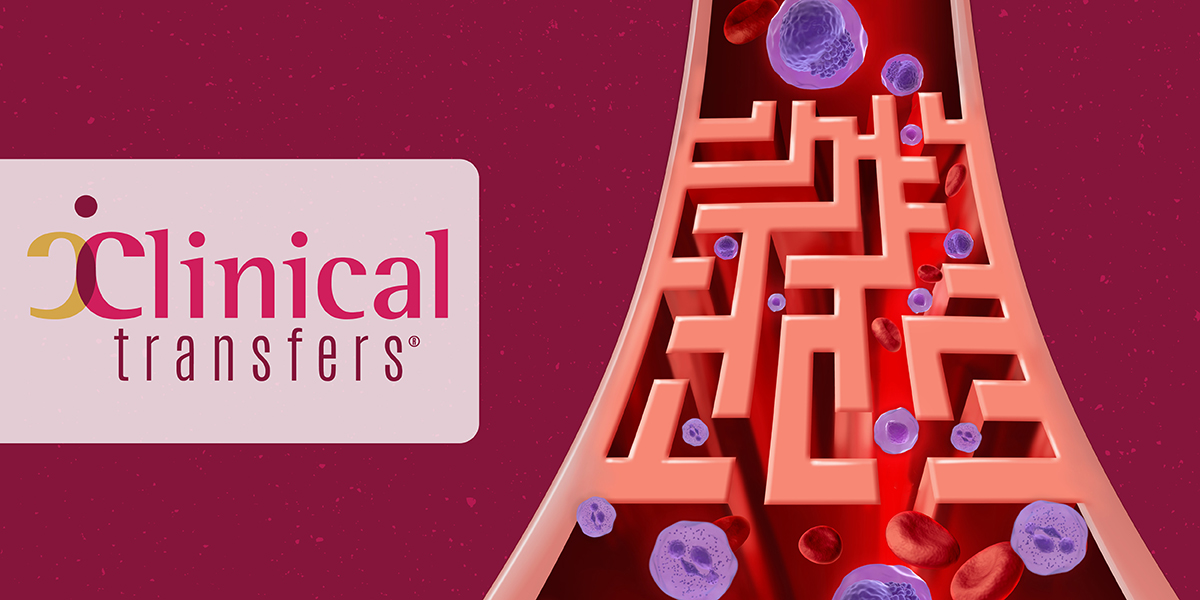
Acute myeloid leukemia (AML), the most common form of leukemia, is characterized by a wide range of cytogenetic and molecular aberrations. These aberrations determine risk classification and, if available, targeted therapy. Recent data has changed the diagnostic threshold for AML, as well as risk classification and data on emerging therapies, by reshaping the future of treatment for newly diagnosed and relapsed/refractory AML. Join Drs. Amer Zeidan and Kendra Sweet as they discuss these and other recent updates in AML.
Upon completion of this activity, participants should be better able to:

Associate Professor, Medicine (Hematology)
Yale Cancer Center
Yale University
New Haven, CT

Associate Member, Malignant Hematology Faculty
Medical Director, Clinical Research
Department of Malignant Hematology
H. Lee Moffitt Cancer Center
Tampa, FL
Resources
Featured RMEI CE Activities – Earn CE Credit(s)
Stay up to date with the latest RMEI CE Activities and receive Exclusive Medical Education Resources